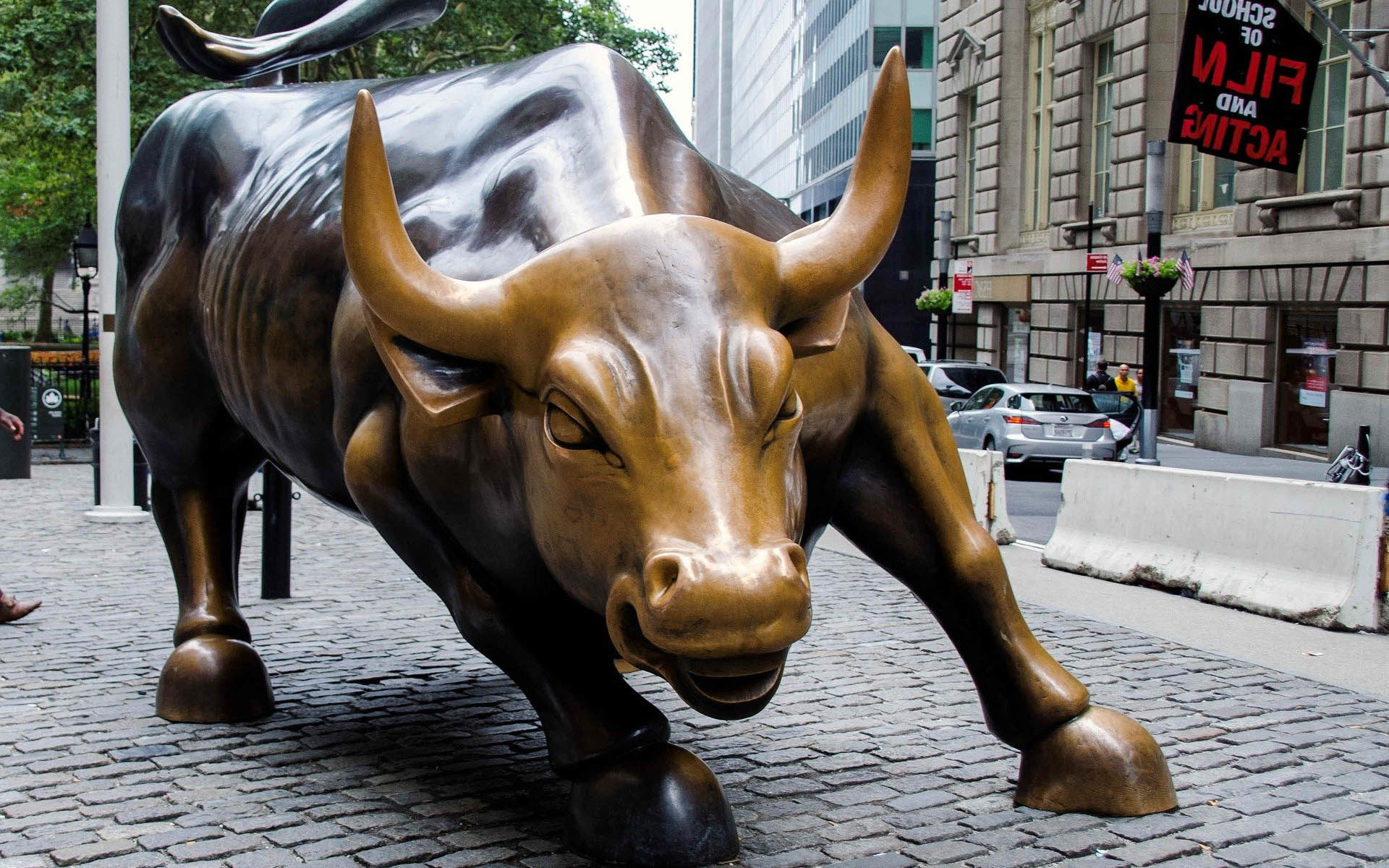If crypto startups want to distinguish themselves amidst the crowd of similar companies, they will need to re-think their partnerships. Although Wall Street is the source of critique from crypto-evangelists fighting the centralized system, it is also home to the power and capital that they need.
Every revolution starts off as a rebuttal to a previously existing system that needs – in the eyes of the revolutionaries – renovation. But once they implement their ideas, many revolutionaries notice that achieving mass adoption requires pragmatism and compromise. History is replete with examples that show us that disruptive ideas are welcomed only through gradual change and diplomacy. Likewise, If cryptos are to truly redesign how we live our lives and define transparency, accountability, and efficiency, it must follow the steps of the successful revolutionaries before it. In this case, it involves acquiescing – at least in part – to Wall Street.
Bitcoin, the ingenious staple and overwhelming leader of the crypto market, serves as an example to highlight the strong foundations of cryptocurrencies. Following the invention of Bitcoin, cryptos started with the purpose of improving a financial system that was – and continues to be – corrupted by certain inefficiencies. In the eyes of Wall Street, cryptocurrencies were largely seen as a naive creation of the counterculture and anti-establishment, however, this outlook has changed in recent months.
As of now, there are over 1,500 cryptocurrencies in circulation. Many of these tokens tackle the same problems, either in micro-payments, healthcare, virtual identity, or financial transparency. It is no controversy to assume that a big wave of destruction will eliminate 98% of these tokens and propel the most efficient and valuable inventions to success. Such was the case with Amazon.

Learning to Love the Corporate World
I argue that the leaders that will emerge from this wave of destruction will be those that tackle a problem uniquely, build a strong team, and most importantly, find relationships within the corporate world. Wall Street, where daily trading volumes exceed $5 trillion, is – and will continue to be – a key player in the world economy. It is home to the world’s greatest financial thinkers and risk takers, and their power should never be unappreciated. After all, the $400 billion market cap of cryptos, many of which will go to zero, is still play money for Wall Street.
Recently, we have started to see a particular relationship form between the corporate world and certain crypto start-ups. The men who espoused “Blockchain is great, Bitcoin is dangerous” have started to shift their outlook on cryptos. Ironically, Morgan Stanley is leading the pack this in corporate crypto adoption this year with plans to add cryptocurrencies to their trading platforms. A Nasdaq cryptocurrency exchange is also underway, and Goldman Sachs is considering following suit. Certainly, institutional investors are pushing for this type of adoption, and Wall Street is reacting. As former Goldman exec, Mike Novogratz has gone on record saying that not investing in Bitcoin is “almost irresponsible.” Now it is time for those leaders in the cryptocurrency space to formulate their ties with Wall Street to tackle problems together.

The Bridge Over Troubled Water
The bridge that links cryptocurrency and the corporate world is already under construction. Some cryptos have started to knock on Wall Street’s door, as they have already begun to test Ripple’s payment solution and adopt Ethereum’s blockchain and smart contracts. In the foreseeable future, we will see significant adoption of these technologies on Wall Street as they attempt to implement the principles of accountability, efficiency, and transparency that are sorely needed.
The truth is that Wall Street has both the influence and capital to develop and shape the economic world order. Nothing can put it asunder.
When all is said and done, one thing remains clear: while the big wave is set to destroy the majority of these cryptocurrencies approximates, those that build a bridge strong enough and high enough will succeed. In my opinion, that the bridge can only lead one place: Wall Street. It is time that crypto leaders start to learn to love their corporate culture.
What do you think the relationship between cryptocurrencies and Wall Street should be? Is this relationship mutually beneficial, or are cryptos selling their souls to the establishment? Let us know in the comments below!
Images courtesy of Wikimedia Commons, DepositPhotos, iStockPhoto








